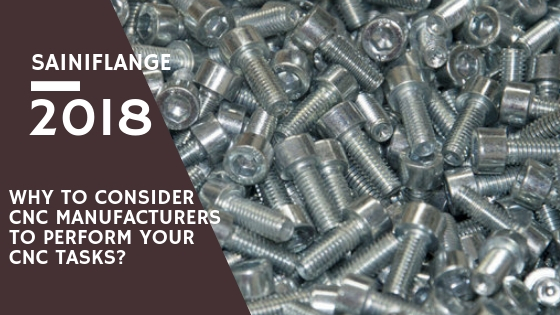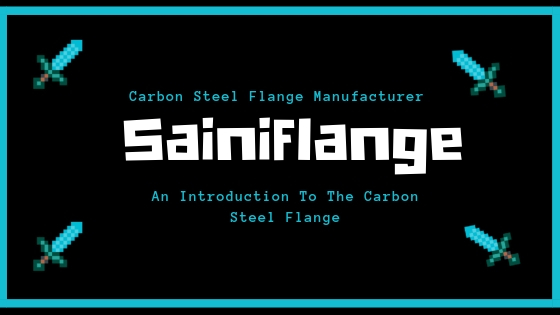Why To Consider CNC Manufacturers To Perform Your CNC Tasks?
The relationship between materials selection and materials processing.
CNC machining represents the failure of the processes that have preceded it. Expensive in terms of energy and labour, wasteful of basic resources and requiring a good deal of costly capital equipment, it retains its major position within production engineering only because of its flexibility and convenience, and for its ability to make up for the shortcomings of other processes. Naturally enough, reduction in machining by other means of near net-shape forming, with improved surface finishes, is constantly sought.
In normal manufacturing, machining has the ability to combine high quality with large throughput. Its technical flexibility is such that almost any shape can be produced from a solid block of material provided the price can be paid (although hollow shapes are limited), and CNC machining is frequently adopted for the manufacture of prototypes and one-off items. Sometimes, machining is used for the bulk manufacture of a part which has a shape inappropriate for any other forming process: in this case redesign should be sought if at all possible.
The costs of machining a bought-in blank or semi-finished product is a choice between, on the one hand, achieving a given shape by machining it from a simple, largely unformed blank and, on the other hand, carrying out a mainly finish-machining operation on a blank which has already received much of its shape from some other process. In the first case the cost of the blank is low but the machining yield is also low. In the second case the reverse applies, with the unit cost of the preformed blank generally being lower, the larger the scale of production. If there is to be a real choice between two such processes then the two curves must intersect. Consider, for example, a steel part which may be produced with equally satisfactory properties by automatic machining from plain bar stock, or finish machining of steel forgings. One factor which greatly influences machining costs is the machinability of the material. This can be influenced by the metallurgist, the purchase of free machining steel bar stock containing sulphides greatly reduces machining costs (although at the expense of some degradation of mechanical properties as compared with the forgings).
Considering competition between different materials it may be noted that a high scrap value of the swarf reduces net machining costs. Titanium is expensive to buy, but the scrap value of titanium swarf is negligible, and it is therefore not economic to shape titanium extensively by machining methods. This is not true of aluminium alloys, which are often competitive with titanium.
Machinability of CNC machined components
The ease with which a material can be machined to the desired shape is an important consideration in material selection because it influences manufacturing costs. Machinability is not a property of the material, but an attribute that quantifies the machining process. Machinability directly affects surface finish and dimensional accuracy, which are important factors for any CNC machined component and are included on the engineering drawing. Tool life and cutting speeds affect production rates and cost, making them valuable considerations to be included during the design of CNC machined components.
Sainiflange is recognized as one of the largest hydraulic parts manufacturers in India. As a leading distributor and manufacturer of hydraulic parts, we also supply CNC machined components everywhere throughout the world. We manage hydraulic parts produced using different evaluations and grades of materials.
To know about our services. Contact Us




Comments
Post a Comment